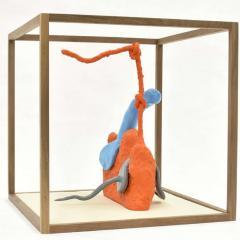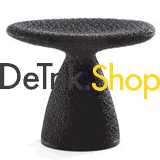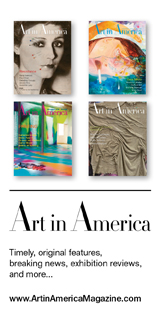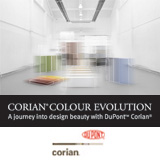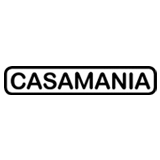Top of the pots: the smashing rise of ceramics
News from the Web
Its elegant shape was inspired by ancient Aegean figures and its pleasingly mottled surface made it feel like it had just been dug up from the ground. Yet when it was first sold in the 1970s, this understated vase by the late British potter Hans Coper changed hands for just £250. An unloved present, the creation was then kept in an old shoebox by its recipient, who finally decided to offload it last month – and was stunned to see its price soar to £381,000 at auction, a figure you might expect for certain Ming dynasty or Picasso vessels.
The world of ceramics was stunned too, but not as much as it might once have been. While it’s true that Coper is a key figure in British studio pottery, with works in London’s V&A and New York’s Metropolitan Museum of Art, what this whopping sum – more than double the previous record for a Coper – really reflects is the fact that ceramic art is currently experiencing something of a boom.
Last month’s Ceramic Art London was oversubscribed like never before, with a queue of pottery nuts snaking around Central St Martins College, impatient to bag top contemporary pieces while they could still afford them (prices ranged from £30 to £10,000). The previous weekend, the Barbican’s conservatory was transformed into another ceramics fair, this time showcasing 60 artists from the Turning Earth collective’s two London studios. Many of these makers got their starts through taking classes there, while similar urban ceramic-making communities that pool resources and share kilns are flourishing across the country, including Glasgow Ceramics Studio and Clay Studio Manchester.
In Cambridge, meanwhile, the Fitzwilliam Museum is celebrating a “spring of ceramics” with two simultaneous shows. The larger one, called Things of Beauty Growing, is a major survey of British studio pottery – a first for the museum, which is responding to what co-curator Helen Ritchie refers to as “a steady rise of interest” in the museum’s 20th and 21st-century ceramics stash.
read more at the guardian.co.uk






